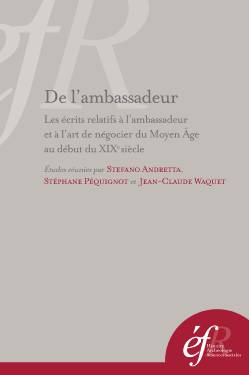(image source: The Student Room)
The School of Law at Queen Mary (University of London) is hiring a lecturer in "history and law".
Job description:
Queen Mary University of London enjoys an outstanding international reputation for the excellence of its research and teaching in the Humanities and Social Sciences. Its School of History and School of Law are innovative leaders renowned for their dynamic and supportive research environments, their international collaborations, their excellent teaching practices, and their members’ engagement with publics outside academia.More information:
The School of History and the School of Law are now seeking to extend their joint teaching and research interests by appointing an excellent historian of law and legal thought. They invite applications from candidates, who may have completed research towards a doctorate in Law or in History, and whose research may include:
· The history of legal thought
· Constitutional history
· Law in colonial and imperial contexts
· The history of human rights
· Religious traditions of law
· International and transnational history of law
· Comparative legal history
The School of History and the School of Law would expect the successful candidate to lead in the development of their new degree of Law with History, which will be offered to undergraduates from September 2016, including designing and offering a new module for this programme. This will be a unique opportunity for the display of intellectual leadership and a flair for work within an interdisciplinary environment.
The post is full time and permanent. Starting salary will be in the range of £39,351 - £41,553 per annum, inclusive of London Allowance. Benefits include 30 days annual leave, defined benefit pension scheme and interest-free season ticket loan.
Candidates must be able to demonstrate their eligibility to work in the UK in accordance with the Immigration, Asylum and Nationality Act 2006. Where required this may include entry clearance or continued leave to remain under the Points Based Immigration Scheme.
Informal enquiries may be made in confidence to: Professor Miri Rubin (Head of the School of History) or Professor Valsamis Mitsilegas (Head of the School of Law) by e-mail: m.e.rubin@qmul.ac.uk;v.mitsiegas@qmul.ac.uk
A full job profile can be read here.









